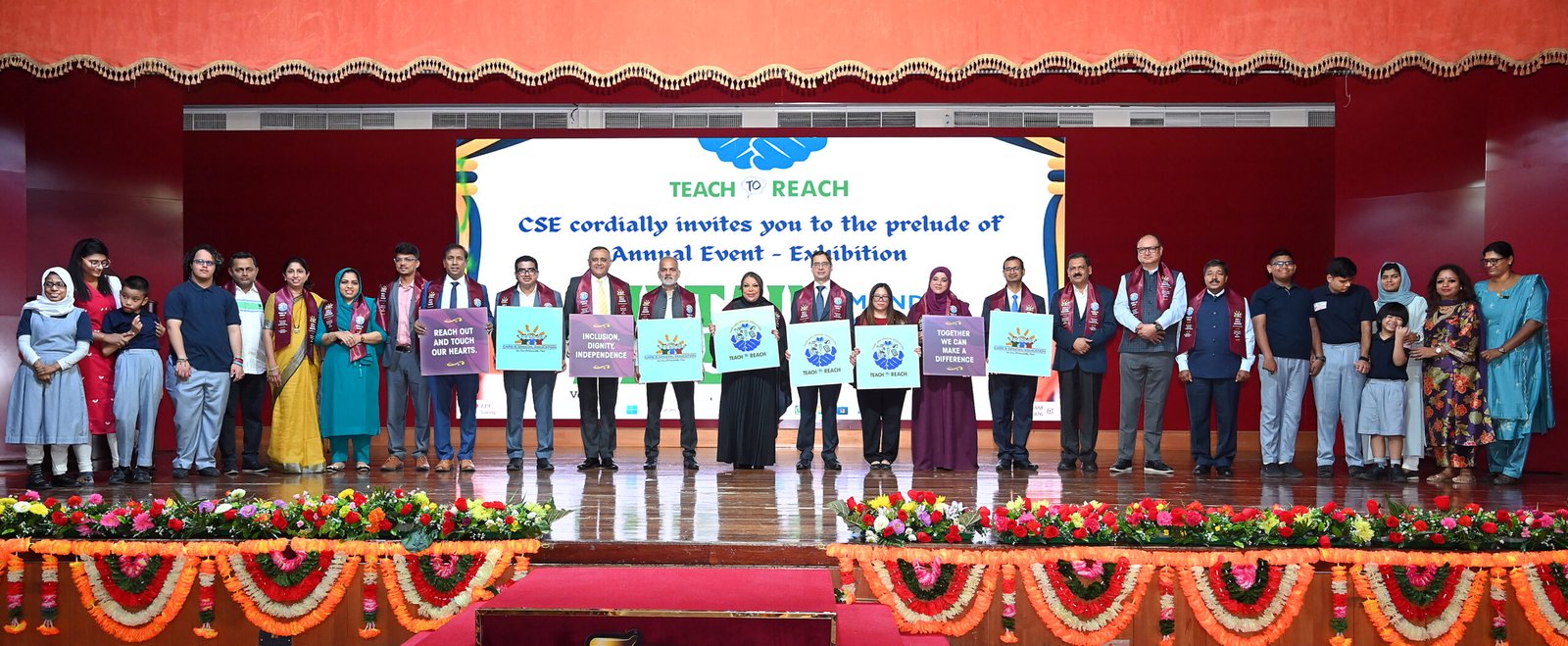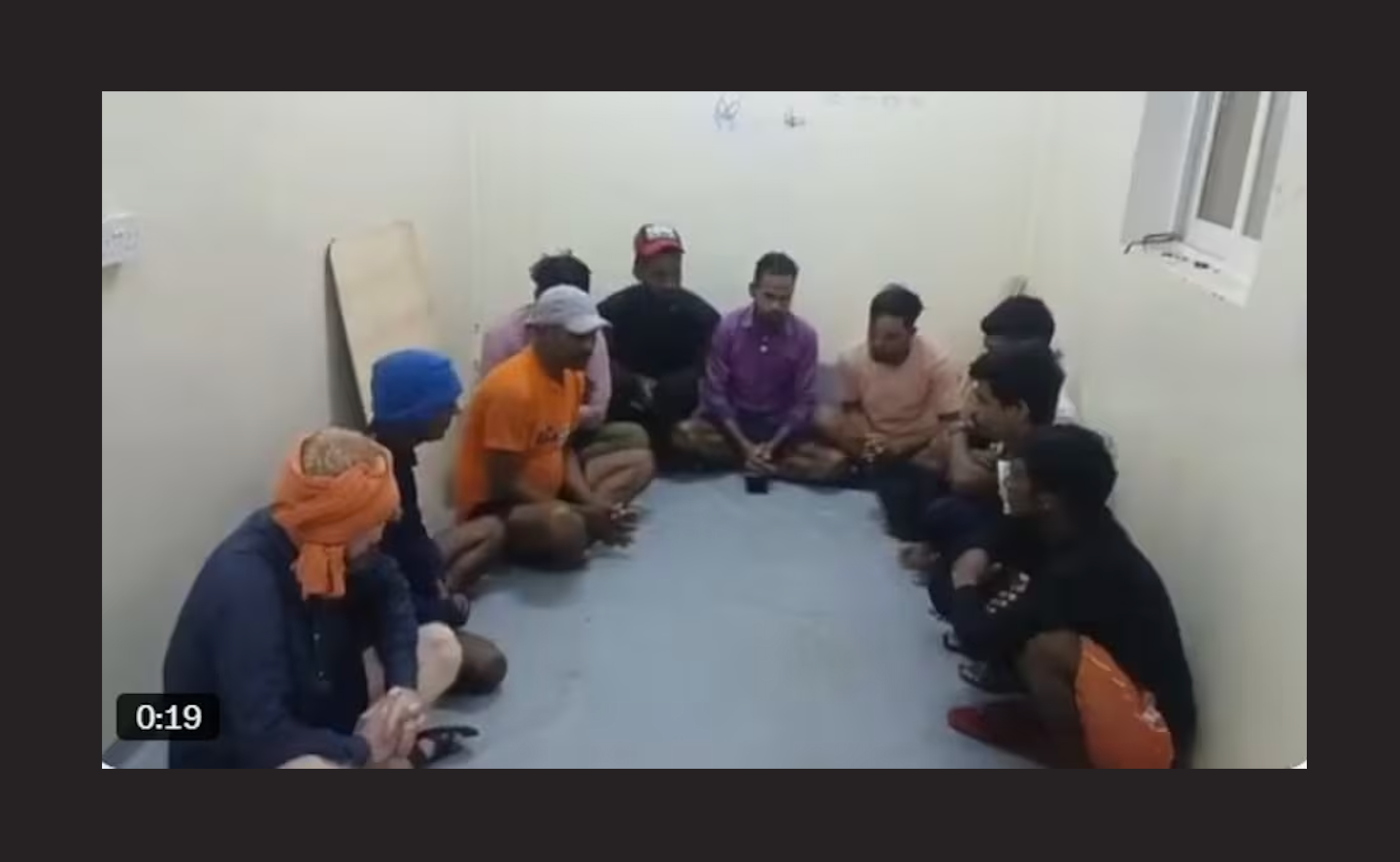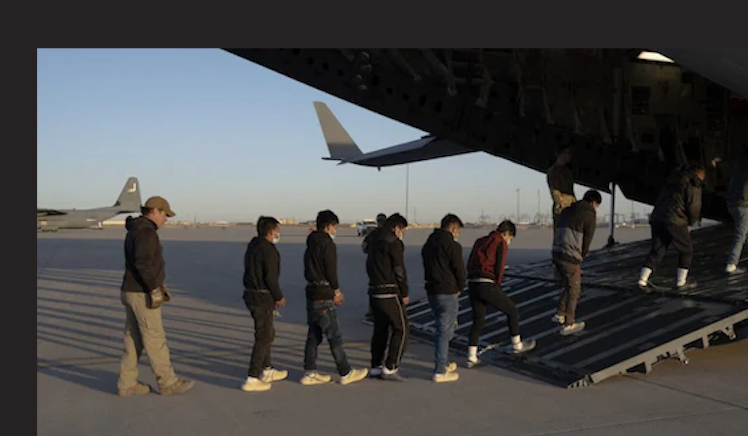-
May 18, 2025 marks the 50th anniversary of India’s testing of an atomic nuclear device at Pokharan, Rajasthan
-
On May 18, 1974, an atomic bomb was tested here at an underground site. It was code-named “The Smiling Buddha”
Some events seem to pass on unnoticed, slipping by through the corridors of time like ghosts wrapped in a veil of secrecy; no ripples, no fuss – just silence. That is, until the secret is out in the open, with only some able to decipher its full meaning and import.
I was in Jodhpur, Rajasthan, in 1982 with a group of journalists. We were in the second stage of an eight-week War Correspondents’ Course, conducted by the Government of India’s Ministry of Defence.
Held on a regular basis, the course seeks to instill in newsmen a deeper insight and greater understanding when writing/reporting about the armed forces, together with a host of relevant ‘dos and don’ts’. More importantly, these courses show scribes what should be written in the event of a battle or war in real time, without any compromise on security.
But let’s not digress any further and get back on track with the main narrative.
A senior army officer, conducting the tour announced: “Today we intend to give you chaps a surprise. His smile deepened as he continued on a quizzical note. “It shook the world when it happened some years ago. I’m sure it might have the same effect even now. So, brace yourselves, gentlemen”.
As we got off the bus, all that greeted us was a stark and bare landscape; stretching in every direction endlessly, all that you could see was miles and miles of a trackless desert. The harsh noon-day sun completed the picture of utter desolation.
With that we all got onto the bus that would take us to Jaiisalmer. For the next 4-5 hours the bus trundled along a dusty and ragged road. Contrary to our expectations, the army guys were not letting on about this ‘big surprise and secret everybody seemed to know except the ‘scribe-tribe’.
Seeing the impatience writ large on our faces, the Army PRO chimed in: “Patience, gentlemen. In just a little while from now, everything will be out in the open and as clear as daylight”. But the bus ride (about 230kms) seemed agonisingly long.
At last, the bus slowed down and finally came to a halt, punctuated with a short remark “We’re here, boys.” Added to that was a sardonic punchline: “Be sure to enjoy the scenery while you’re here”.
As we got off the bus, all that greeted us was a stark and bare landscape; stretching in every direction endlessly, all that you could see was miles and miles of a trackless desert. The harsh noon-day sun completed the picture of utter desolation.
A short distance ahead we could see a marquee, quietly awaiting our arrival. After a breather for some water and refreshments, everyone was ready for the big secret to be let out at last.
A senior officer began speaking: “Welcome to Pokharan, gentlemen. You are now standing on hallowed ground. Pointing to a sizeable crater, a few feet away from where we were seated, the officer continued: “On May 18, 1974, about eight years ago, an atomic bomb was tested underground at this place. It was code-named “The Smiling Buddha”.
Why was it code-named “The Smiling Buddha”.
He seemed to read the unspoken question written across our faces. “Yes, I’m coming to that. You see, on the day of that underground explosion, it turned out to be the birth anniversary of Gautam Buddha, which is celebrated across India as ‘Buddhau Purnima’. Since it was out of the question to reschedule the testing of the N-device, we decided to go ahead with it. That’s how we decided to code-name the test as the “Smiling Buddha”.
After that the rest is history. India became only the sixth country after “The Big Five” to join the nuclear club.
The “Big Five” refers to the five permanent members of the United Nations Security Council: China, France, Russia, the United Kingdom, and the United States. These countries have a permanent seat on the Security Council and the power to veto any resolution.
The “Smiling Buddha” shall remain a highly significant and auspicious chapter in India’s growth and progress as a nation and a great achievement under the leadership of the Late Prime Minister, Indira Gandhi.








